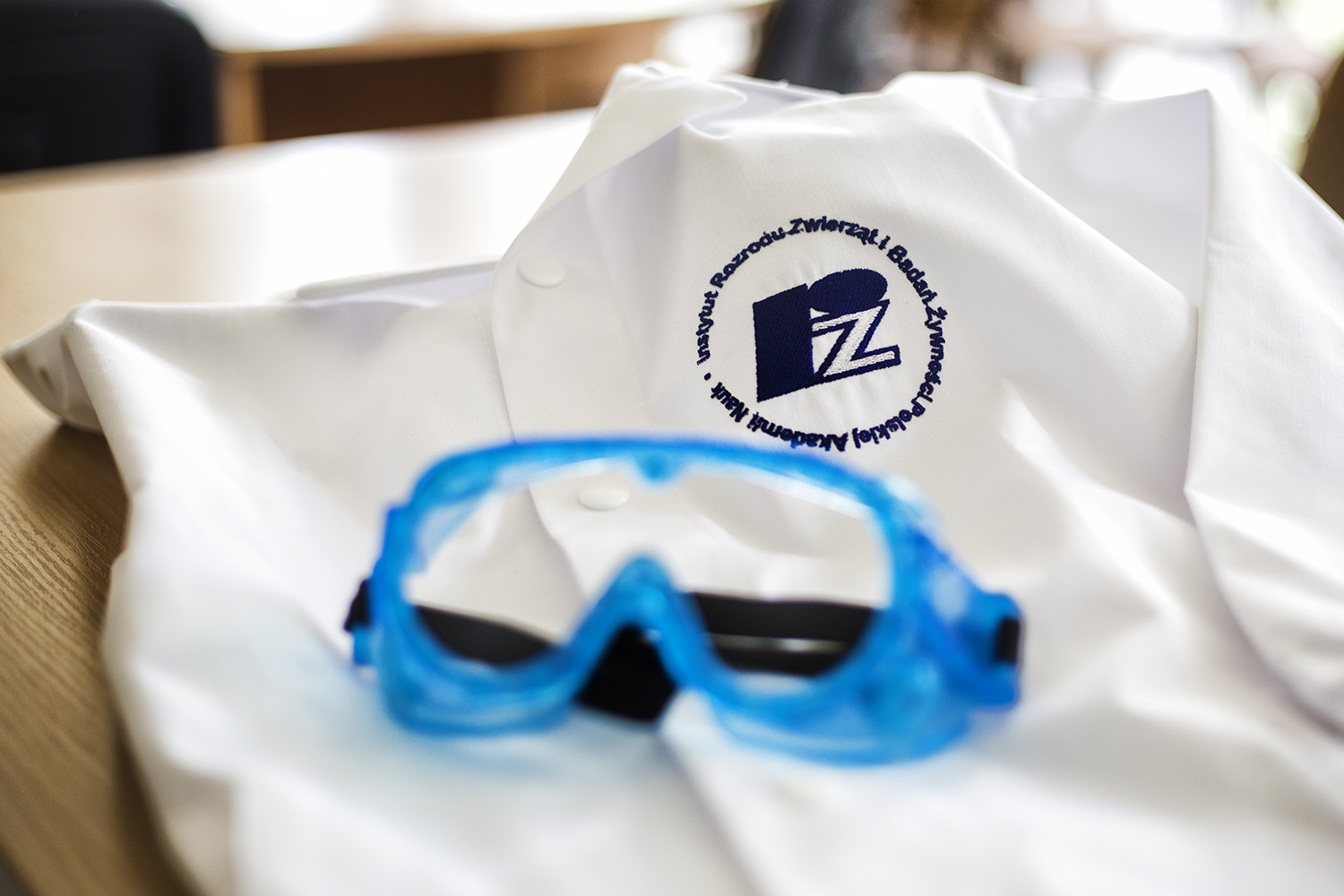Establishment of the Interdisciplinary Doctoral School of Agricultural Science
On March 16, 2020, the Directors of 3 Scientific Institutes signed the agreement on the establishment of the Interdisciplinary Doctoral School of Agricultural Sciences.
The school will be conducted by the Institute of Animal Reproduction and Food Research of the Polish Academy of Sciences in Olsztyn (acting as a Leader), the Institute of Agrophysics of the Polish Academy of Sciences in Lublin and the National Veterinary Research Institute in Puławy.
The school will start on October 1, 2020 and will educate PhD students in 4 scientific disciplines: animal science and fisheries, nutrition and food technology, veterinary science, agriculture and horticulture.
Institute of Animal Reproduction and Food Research of Polish Academy of Science in Olsztyn
The Institute’s research and implementation activities are conducted in 13 Departments and specialized laboratories and laboratories in the Department of Reproductive Biology and the Department of Food Sciences.
Current research investigations of the Division of Reproductive Biology, carried out in the Departments and Laboratories, include: (1) regulation of the ovarian cycle and pregnancy, including the mechanisms controlling interactions between gametes, embryo and the mother, as well as the mechanisms regulating the so-called „implantation window” in animals and humans; (2) development of innovative biotechniques and biotechnologies of reproduction for infertility (including marital) prophylaxis and treatment, protection of animal production biodiversity and selected endangered species; (3) research on the influence of genetic, epigenetic and environmental factors (nutrition, environmental pollution, microbiological hazards, inflammation) on the regulation of physiological and pathological processes in animals and humans.
Current research investigations of the Division of Food Sciences, carried out in the Departments and Laboratories, include the analysis of the impact of food components on the human body; identification, evaluation and implementation of strategies to improve the quality, nutritional and pro-health food values; recognition of the essence, consequences and treatment of adverse reactions of the body to food components – including intolerance, allergies, type II diabetes and obesity. The research works run in the Division are also focused on the mechanisms of regeneration and development of diagnostic biosensors. The scientific groups take advantage of methodological and infrastructure support of Core facilities: Laboratory of Molecular Biology, Laboratory of Cell and Tissue Analysis and Imaging, and Animal Facilities: (1) for laboratory animal experiments (2) for farm animals located at the Research Station in Popielno as well as Laboratory of Microbiology, Sensory Analysis and the integrated laboratories of Metabolomics and Immunodiagnostics.
Institute of Agrophysics of the Polish Academy of Sciences in Lublin
The main object of research is focused on transport processes in the soil-plant-atmosphere system, properties and processes affecting soil and plant quality, processing for food and energy purpose. The interdisciplinary approach applies physics, physicochemistry and biology for solving contemporary problems of agriculture. Applicable research is focused on developing and improving methods and devices for evaluation and monitoring of soil, agricultural plant materials and gas emission, and on creating new food technologies of biomass processing for energy or new biomaterials and biopreparations.
National Veterinary Research Institute, Puławy
National Veterinary Institute conducts research studies in the fields of diagnostics, prevention, combating infectious diseases of animals (especially zoonoses) and supervision over the safety of food of animal origin and feed. In addition, as the National Reference Laboratories it supervises activities of officially approved laboratories performing diagnostic tests; prepares expert opinions; conducts post-graduate education and specialization trainings, organizes specialist conferences and promotes scientific knowledge in the specialist journals.
